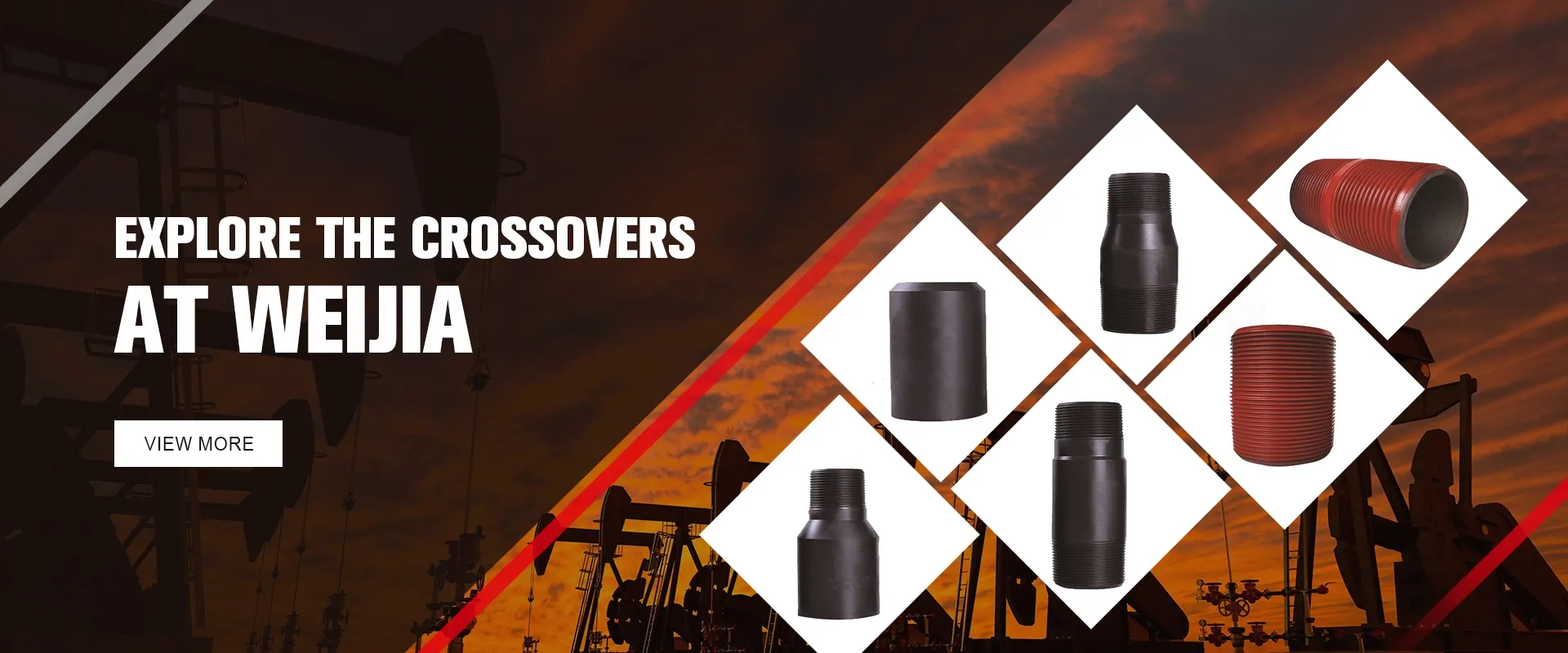- Afrikaans
- Albanian
- Amharic
- Arabic
- Armenian
- Azerbaijani
- Basque
- Belarusian
- Bengali
- Bosnian
- Bulgarian
- Catalan
- Cebuano
- Corsican
- Croatian
- Czech
- Danish
- Dutch
- English
- Esperanto
- Estonian
- Finnish
- French
- Frisian
- Galician
- Georgian
- German
- Greek
- Gujarati
- Haitian Creole
- hausa
- hawaiian
- Hebrew
- Hindi
- Miao
- Hungarian
- Icelandic
- igbo
- Indonesian
- irish
- Italian
- Japanese
- Javanese
- Kannada
- kazakh
- Khmer
- Rwandese
- Korean
- Kurdish
- Kyrgyz
- Lao
- Latin
- Latvian
- Lithuanian
- Luxembourgish
- Macedonian
- Malgashi
- Malay
- Malayalam
- Maltese
- Maori
- Marathi
- Mongolian
- Myanmar
- Nepali
- Norwegian
- Norwegian
- Occitan
- Pashto
- Persian
- Polish
- Portuguese
- Punjabi
- Romanian
- Russian
- Samoan
- Scottish Gaelic
- Serbian
- Sesotho
- Shona
- Sindhi
- Sinhala
- Slovak
- Slovenian
- Somali
- Spanish
- Sundanese
- Swahili
- Swedish
- Tagalog
- Tajik
- Tamil
- Tatar
- Telugu
- Thai
- Turkish
- Turkmen
- Ukrainian
- Urdu
- Uighur
- Uzbek
- Vietnamese
- Welsh
- Bantu
- Yiddish
- Yoruba
- Zulu
Enhancing Well Integrity with Advanced Casing Coupler Solutions for Improved Oil and Gas Operations
Understanding Well Casing Couplers An Essential Element in Oil and Gas Operations
In the oil and gas industry, the integrity and reliability of drilling operations are paramount. One essential component that plays a critical role in ensuring these operations run smoothly is the well casing coupler. This specialized device serves as a connector between segments of casing pipes that are used to line boreholes, preventing contamination and maintaining structural integrity throughout the drilling process.
What is a Well Casing Coupler?
Well casing couplers are integral fittings designed to join lengths of casing together, providing a seamless transition from one segment to another. Made from high-strength materials such as carbon steel or stainless steel, these couplers are engineered to withstand the extreme conditions encountered in well drilling, including high pressure and corrosive environments. By ensuring a secure fit between casing sections, they facilitate the successful installation of casing strings which are essential for the stability of the wellbore.
The Importance of Casing in Drilling Operations
The primary purpose of casing in drilling operations is to stabilize the wellbore and protect it from external pressures and contaminants. Casing also helps prevent the collapse of the well while providing a pathway for the safe extraction of hydrocarbons. Each layer of casing is typically installed at different depths, depending on geological conditions. The use of well casing couplers is crucial in this multi-layered approach, as they ensure that each segment is properly secured, maintaining the structural continuity required to support subsequent operations.
Types of Well Casing Couplers
well casing coupler

There are various types of couplers used in the oil and gas industry, including threaded couplers, welded couplers, and clamp-style couplers.
1. Threaded Couplers These utilize a screw-thread mechanism, allowing for easy installation and disassembly. They are popular for their reliability and ease of replacement, should the need arise. 2. Welded Couplers These are permanently attached using welding techniques, offering enhanced strength and resistance to high-pressure conditions. However, once welded, they are not easily removed, which can be a drawback in certain scenarios.
3. Clamp-style Couplers These use clamping mechanisms to secure the casing segments. They provide a flexible yet robust connection, allowing some movement and adjustments during installation.
Best Practices for Installation and Maintenance
To ensure optimal performance of well casing couplers, several best practices should be observed. First, it is important to ensure that the casing ends are clean and free of debris before installation. This guarantees a proper seal and connection. Second, using the appropriate torque specifications during installation is crucial, as this affects the integrity of the coupling. Regular inspection and maintenance of couplers are also essential to detect any signs of wear or corrosion, which could compromise their performance.
Conclusion
In summary, well casing couplers are vital components in the oil and gas drilling process, significantly contributing to the safety, efficiency, and reliability of operations. By providing secure connections between casing segments, they help maintain the structural integrity of the wellbore and prevent environmental contamination. Understanding the types, functions, and best practices surrounding well casing couplers is crucial for professionals in the industry, ensuring that drilling operations proceed without incident and that the resources accessed are extracted safely and responsibly. As the demand for oil and gas continues, the importance of robust and efficient components like well casing couplers will only grow, highlighting their role in the future of energy production.
-
Tubing Pup Joints: Essential Components for Oil and Gas OperationsNewsJul.10,2025
-
Pup Joints: Essential Components for Reliable Drilling OperationsNewsJul.10,2025
-
Pipe Couplings: Connecting Your World EfficientlyNewsJul.10,2025
-
Mastering Oilfield Operations with Quality Tubing and CasingNewsJul.10,2025
-
High-Quality Casing Couplings for Every NeedNewsJul.10,2025
-
Boost Your Drilling Efficiency with Premium Crossover Tools & Seating NipplesNewsJul.10,2025







